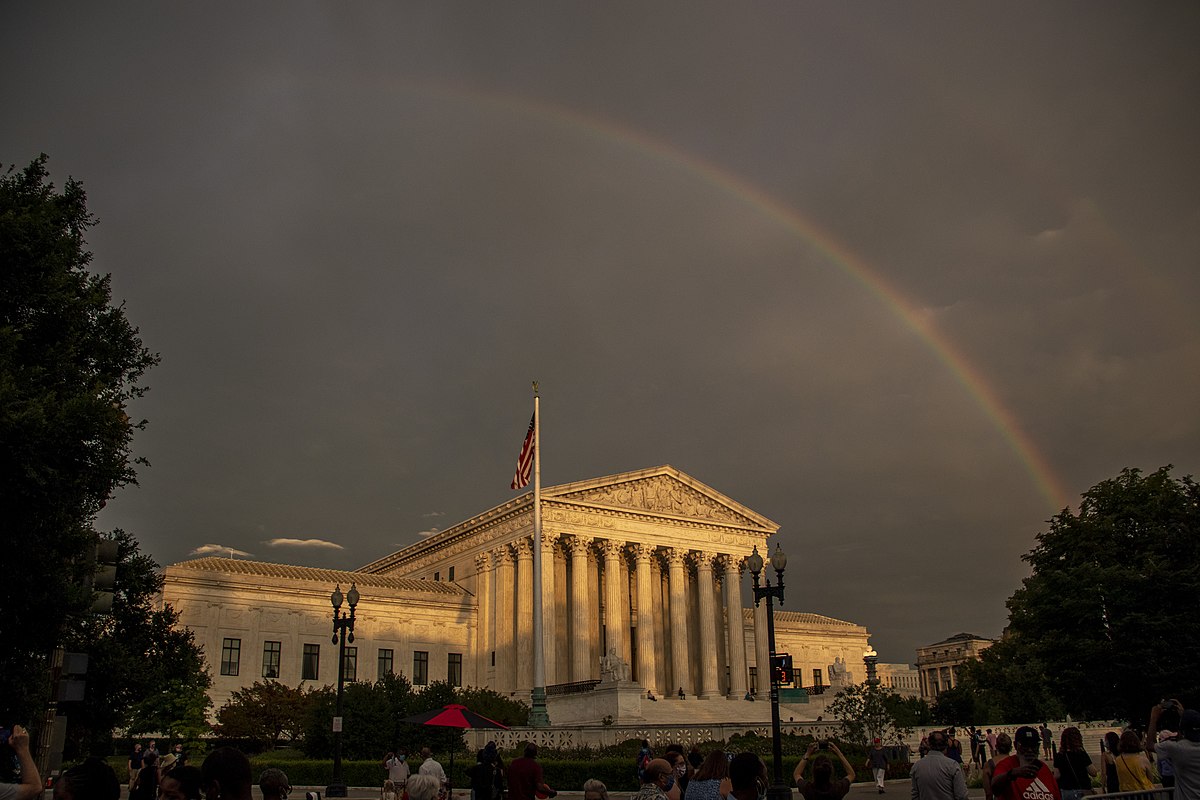


On Thursday, the U.S. Supreme Court temporarily blocked a lower court ruling centered on provisions of the 1965 Voting Rights Act.
In a 6-3 decision, the justices stayed a ruling by the 8th Circuit Court of Appeals, which had sided against two American Indian tribes in an ongoing dispute over North Dakota’s state legislative map. The plaintiffs claimed that the state’s map “denied them an equal opportunity to elect their candidates of choice,” according to The Hill.
In its decision, the three-judge panel ruled (2-1) that private plaintiffs cannot “maintain a private right of action for alleged violations of § 2” of the VRA using federal civil rights laws. The ruling overturned a prior decision by the district court, which sided with the plaintiffs.
Associate Justice Brett Kavanaugh — who handles emergency applications from the 8th Circuit — granted plaintiffs’ request on July 16 to place a temporary pause on the 8th Circuit’s order to provide the justices time to consider their request for relief.
According to Thursday’s SCOTUS order, the 8th Circuit’s decision is “stayed pending the filing and disposition of the petition for a writ of certiorari, if such writ is timely sought.” The stay will terminate if a potential petition from one of the parties to SCOTUS is denied by the high court or if SCOTUS agrees to take up the matter and hands down a final judgment in the case.
Associate Justices Clarence Thomas, Samuel Alito, and Neil Gorsuch would have denied the plaintiffs’ request for temporary relief. None of the justices offered an explanation for their decisions in the matter.
Thursday’s decision comes as the high court gears up to tackle a VRA-related case during its next term. Known as Louisiana v. Callais, the matter revolves around a dispute involving Section 2 of the VRA and the alleged prioritization of race when drafting Louisiana’s most recent legislative map.
While originally supposed to be decided earlier this year, SCOTUS announced on the last day of its 2024-2025 term that the case will be reargued and decided in its 2025-2026 term. Thomas dissented from the high court’s decision to punt on the matter, arguing that “Congress requires this Court to exercise jurisdiction over constitutional challenges to congressional redistricting, and we accordingly have an obligation to resolve such challenges promptly.”
“For over three decades, I have called for ‘a systematic reassessment of our interpretation of §2,’” Thomas wrote. “I am hopeful that this Court will soon realize that the conflict its §2 jurisprudence has sown with the Constitution is too severe to ignore. Because the Court declines to reach that conclusion today and instead inexplicably schedules these cases for reargument, I respectfully dissent.”
Shawn Fleetwood is a staff writer for The Federalist and a graduate of the University of Mary Washington. He previously served as a state content writer for Convention of States Action and his work has been featured in numerous outlets, including RealClearPolitics, RealClearHealth, and Conservative Review. Follow him on Twitter @ShawnFleetwood
